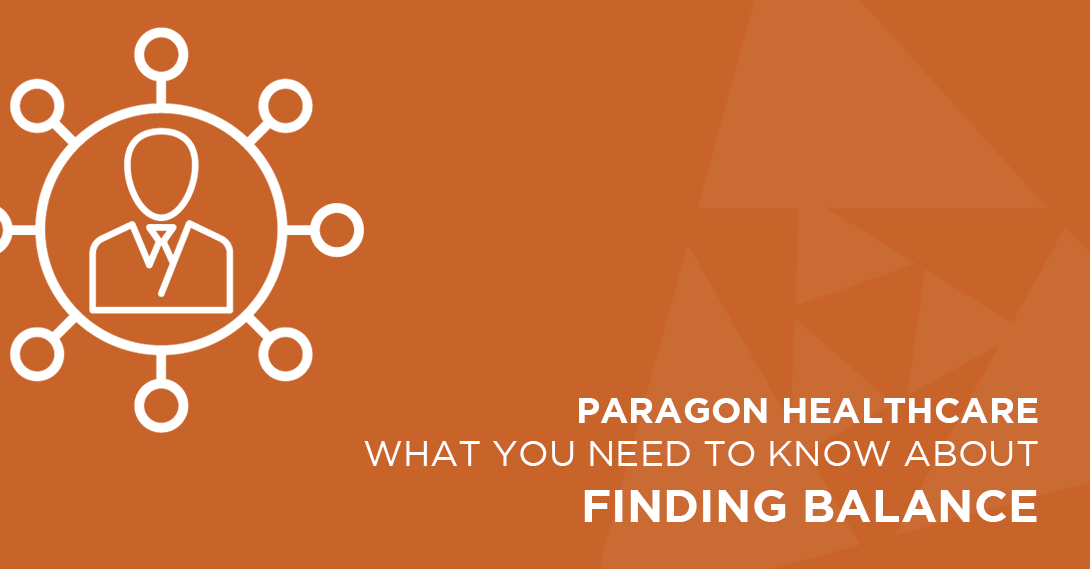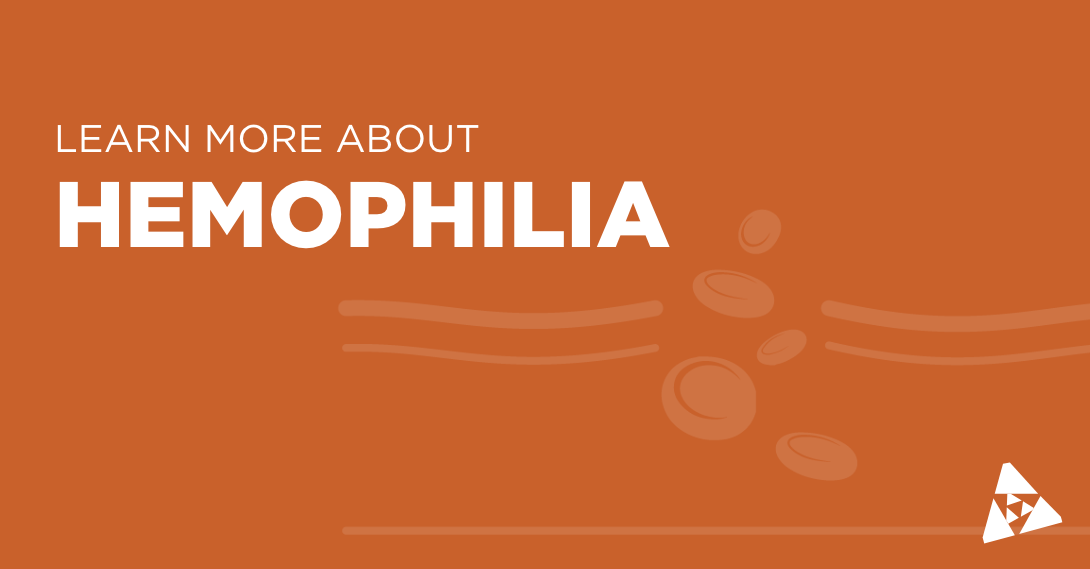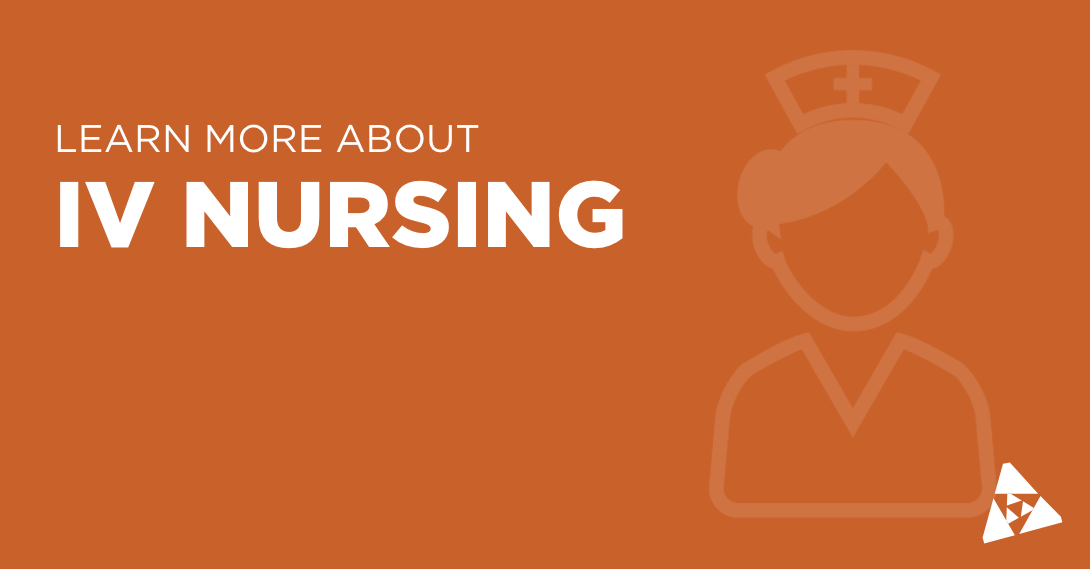Hemophilia is a disorder that affects your blood’s ability to clot. Read the full article to learn the challenges and solutions available to bleeding disorder patients and their families.

Everyone worries to some degree, which is normal, especially about the future or family. Some mild worrying and thinking ahead can help with planning for future needs and goals. Reasonable amounts of concern that do not progress to stress or anxiety may help us solve life problems. Thinking ahead can help us anticipate obstacles or issues so we can find solutions to those problems (Whalley & Kaur, 2020). When thinking ahead becomes "worry" or "anxiety," it may be time to start creating positive coping skills to find balance in your life.
Today, we have many things to plan for, including retirement, health, children, grandchildren, school, aging parents, work demands, etc., which all take time and energy. Try your best to balance daily activities, diet, pleasure, friends, family, and work by finding the healthy coping skills that work for you. It is important to remember that what might help one person cope may not work for you or someone else.
Excessive worrying can quickly develop into anxiety. This may, in turn, cause additional health complications. Worry and anxiety can get in the way of living life to the fullest. Some physical symptoms of anxiety include muscle aches and pains, tension, restlessness, difficulty concentrating, difficulty sleeping, headache, increased heart rate, depression, withdrawal, and fatigue.
Stress is a normal reaction the body has when changes occur that are unpleasant, time-consuming, or cause excess worry. Stress is the body's reaction to any change that requires an adjustment or response (Stress, 2020). It is a feeling of not being able to cope. Stress is different for each person and typically will have similar symptoms to anxiety. We respond to these changes physically, mentally, and emotionally.
Finding ways to cope is essential for helping decrease anxiety, stress, and worry. Psychologists think that well-being comes from living a life with a balance of activities that give you feelings of pleasure, achievement, and closeness (Whalley & Kaur, 2020). Therefore, one must strive to balance pleasure, healthy activities, friends, family, and work. Healthy coping is when basic needs are consistently being met, such as sleep, nutrition, exercise, and health.
Remember to offer care and compassion to yourself and those around you. Using a problem-solving approach and making a coping plan helps (Here to Help, 2019).
Having some anxiety, stress, and worry is acceptable and helpful in problem-solving. However, if anxiety progresses too much, it can become an illness. Anxiety affects 40 million adults in the United States age 18 and older, or 18.1% of the population every year (Facts & Statistics, 2018). Anxiety disorders can interfere with daily activities such as job performance, school work, and relationships (Any Anxiety Disorder, 2017).
The most important thing is to talk to someone who can help when feeling overwhelmed with stress or worry. SAMHSA's National Helpline is a free, confidential, 24/7, 365-day-a-year treatment referral and information service (in English and Spanish) for individuals and families facing mental and/or substance use disorders – 1-800-662-HELP (4357) (National Help Line, 2020). Also, talk with someone in the 24/7 hour pharmacy at 833-862-4459 for resources, your primary care provider, or local crisis number.
References:
Any Anxiety Disorder. (2017). Retrieved from https://www.nimh.nih.gov/health/statistics/any-anxiety-disorder.shtml
Dr. Matthew Whalley & Dr. Hardeep Kaur, (2020). Living with worry and anxiety amidst global uncertainty.
Facts & Statistics. (2018). Retrieved from https://adaa.org/about-adaa/press-room/facts-statistics
Here to help. (2019). Retrieved from https://www.heretohelp.bc.ca/wellness-module/wellness-module-2-stress-and-well-being
National Help Line. (2020). Retrieved from https://www.samhsa.gov/find-help/national-helpline
Stress. (2020). Retrieved from https://my.clevelandclinic.org/health/articles/11874-stress
 What is hemophilia?
What is hemophilia?
Hemophilia is a disorder that affects your blood’s ability to clot. Read the full article to learn the challenges and solutions available to bleeding disorder patients and their families.
 IV Nursing: Combining Compassion and Healthcare
IV Nursing: Combining Compassion and Healthcare
At the very heart of what we do at Paragon are our incredible team of infusion nurses. We are honored to celebrate them this year for National IV Nurses Day.
 Diversity in Healthcare
Diversity in Healthcare
Read our new blog to learn more about the importance of diversity in healthcare.